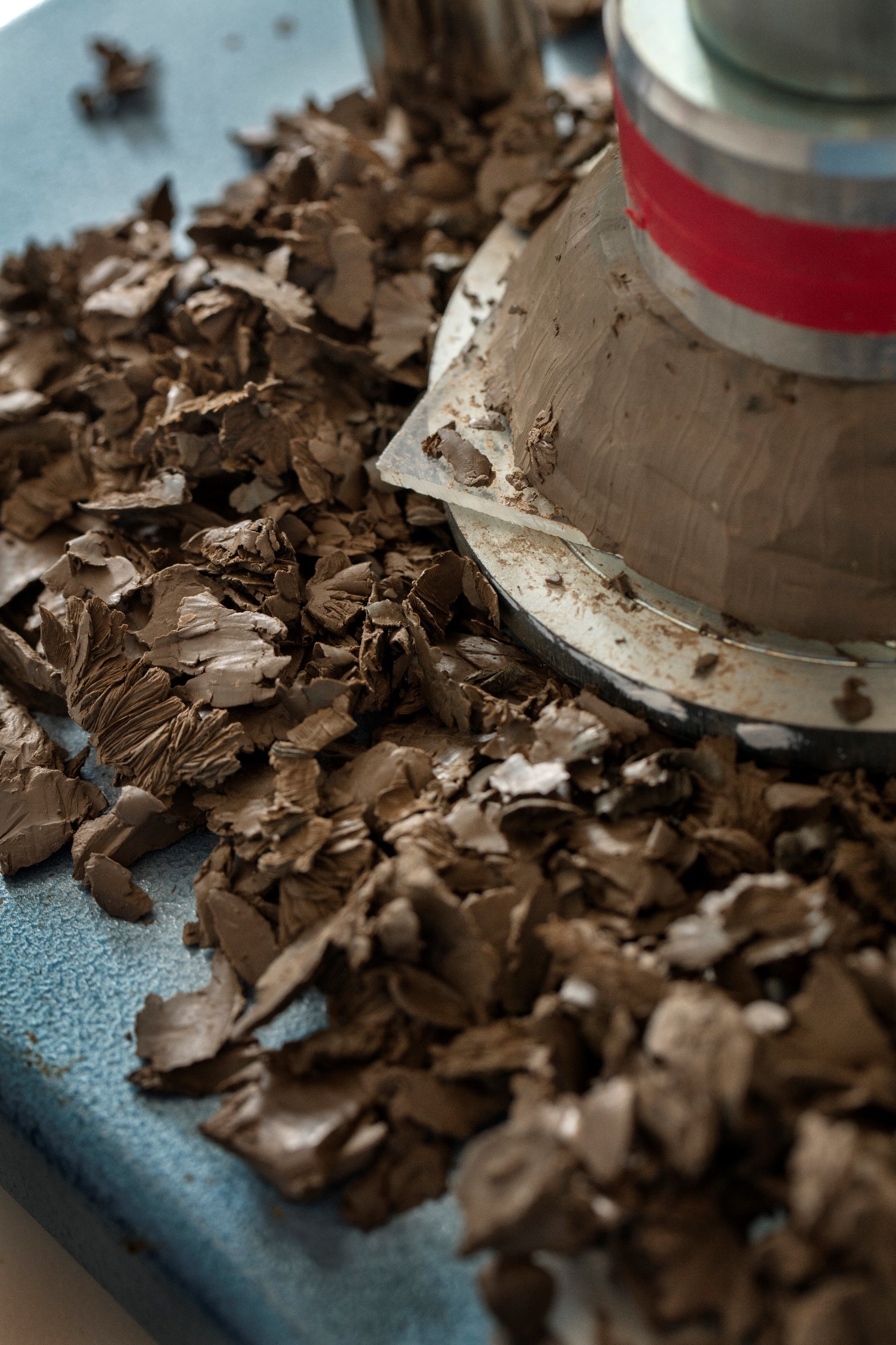Geotechnical Engineering
Geotechnical engineering is essential for safe and sustainable built environment. The sustainable development of transportation and energy infrastructure contributes to affordable energy and economic growth.

Geotechnical based adaptability resolves challenges posed by, e.g. climate change to modern cities, infrastructures and underground structures. In order to successfully contribute to the societal problems, new knowledge regarding soil and rock chemo-hydro-thermo-mechanical characterization and constitutive modelling is required. This will reduce the uncertainties introduced in geotechnical infrastructure design. Soil/rock-structure-interaction systems should be further investigated to develop new design methods that reduce risks and costs during construction and operation. This will enable the devising of new innovative solutions to modern challenges arising from climate change.
Research efforts
The research efforts include:
- Experimental determination of deformation and strengh properties for various soil and rock types as well as saturation conditions;
- Coupled thermal-hydro-mechanical-chemical constitutive modelling of soil and rock;
- Real-time monitoring of underground transportation infrastructures and energy infrastructures;
- Advanced numerical modelling of complex soil-structure interaction systems and tunnelling in jointed rock masses;
- Physical modelling of geotechnical structures like foundations, underground structures or earth woks (dikes and embankments), addressing the effect of the soil response on the structural performance due to various load and environmental conditions.
Cooperative partners
There are national and international collaborators who will contribute to these efforts. Consultancies with a significant amount of geotechnical counselling like COWI, Arup, Ramboll, and Atkins are included in the partners. Danish state authorities like Banedenmark, Regions in Denmark, Metroselskabet and Sund & Bælt Holding A/S. International research partners include universities worldwide Cambridge University, University of Bologna, University of Perugia, University of Western Australia, National Technical University of Norway, Strathclyde University, National Technical University of Athens.
Use in practice
The new knowledge will be used in practice by the consulting firms, the local authorities and the future generations of engineers.
Contact
Varvara Zania Associate Professor vaza@dtu.dk
Irene Rocchi Associate Professor ireroc@dtu.dk